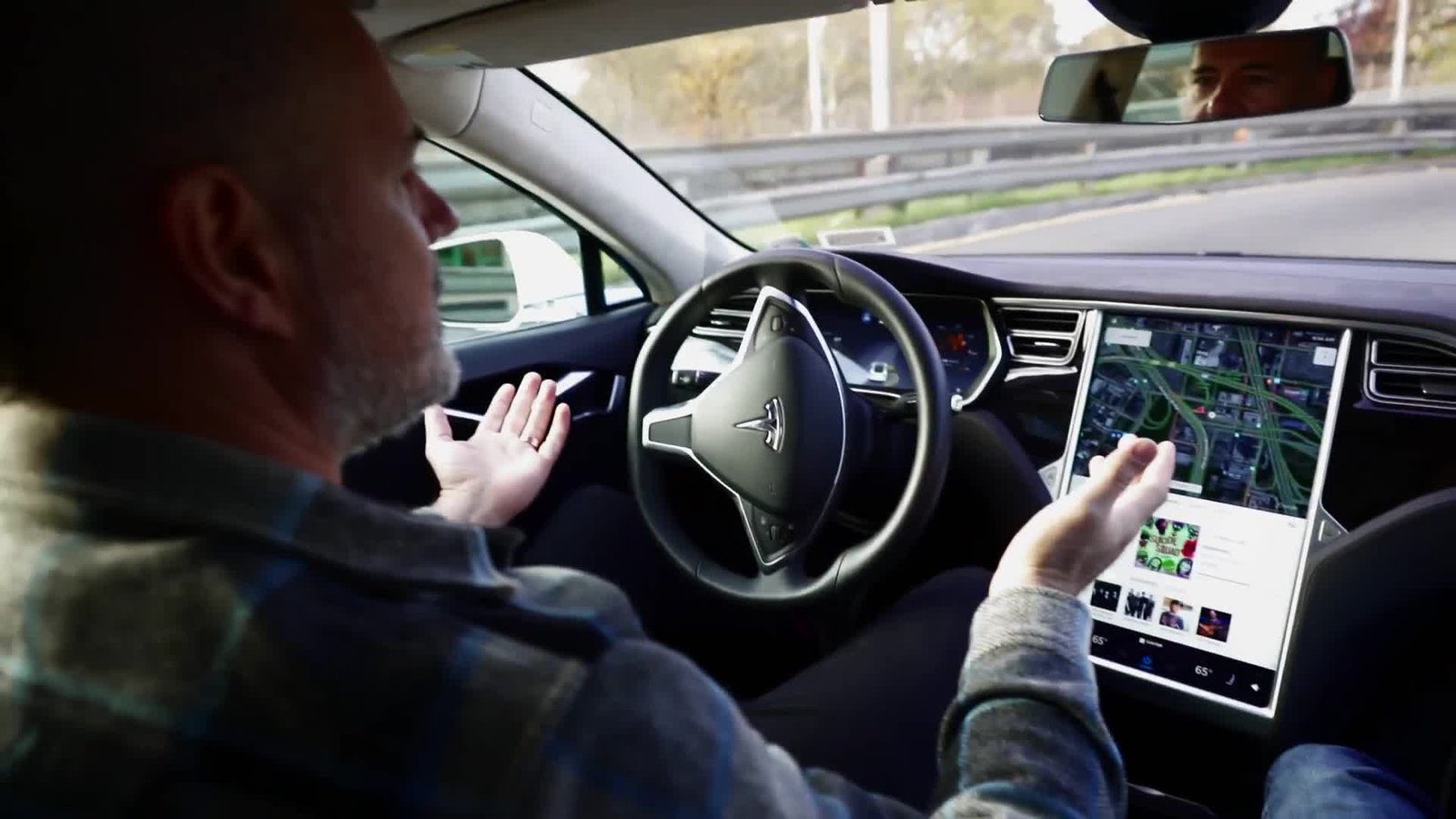A former Facebook engineer has recently shared his experience with AI-powered coding assistants, specifically GitHub’s Copilot, likening it to working with a “demigod.” This comparison highlights the profound impact these tools are having on the software development industry, reshaping how engineers approach coding tasks and enhancing productivity significantly.
The Power of AI Copilots
GitHub Copilot, powered by OpenAI’s Codex model, has transformed coding practices by providing developers with real-time code suggestions. This tool acts as an advanced autocomplete feature, analyzing the code being written and suggesting subsequent lines or even entire functions. Engineers can also input comments in plain language, describing the desired functionality, and Copilot will generate the corresponding code.
The integration of AI into coding workflows has led to substantial efficiency gains. For instance, developers at various companies have reported saving significant amounts of time on repetitive tasks. Cyrus Ghazanfar, CTO at Beagle, noted that Copilot’s ability to handle boilerplate code creation—such as database setups—has been a major time-saver.
Benefits and Challenges
The benefits of using AI copilot tools are clear. According to a study by GitHub, developers using Copilot reported coding up to 55% faster, allowing them to focus more on complex and creative aspects of their work. This increased productivity is echoed by other engineers who find that Copilot helps maintain their workflow by reducing the need to search for coding solutions externally.
However, the tool is not without its challenges. While Copilot can significantly speed up coding tasks, it can also produce inaccurate or outdated suggestions. Developers must remain vigilant, reviewing and correcting the AI-generated code to ensure it meets the required standards and does not introduce security vulnerabilities. This dual-edged nature of AI assistance underscores the importance of human oversight in the development process.
Real-World Applications
In practical applications, companies are leveraging Copilot for various tasks. For example, Figma uses it to create defect-testing programs, drastically reducing the time needed for debugging. Similarly, Brewer Carlsberg employs Copilot to enhance its sales force tools, though they still rely on internal quality assurance to validate the code.
Despite these advancements, GitHub emphasizes that Copilot is an assistant, not a replacement for human programmers. The social dynamics within development teams play a crucial role in ensuring that AI suggestions are used appropriately and effectively.
The comparison of coding with an AI copilot to working with a “demigod” reflects the transformative potential of these tools in the software development landscape. While they offer significant productivity enhancements, the necessity for human oversight and the careful integration of AI into existing workflows cannot be overstated. As these technologies continue to evolve, they promise to further revolutionize the field, making coding more efficient and accessible for developers worldwide.





























